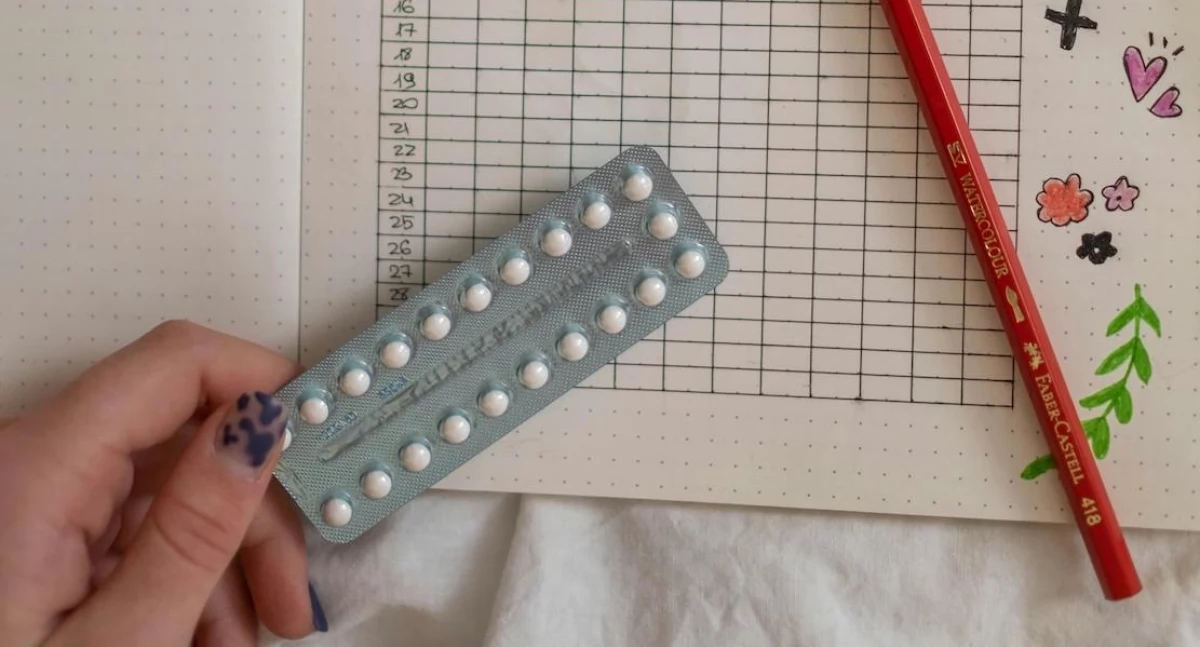Diet or fad? Unjustified deprivation of this ingredient is harmful to health.

- A gluten-free diet is a therapeutic diet, recommended only when medically indicated.
- Unjustified exclusion of gluten can lead to nutritional deficiencies and constipation.
- Whole grain cereals are crucial for health and provide complex carbohydrates, including dietary fiber, as well as vitamins and minerals
A gluten-free diet , which involves the complete elimination of gluten (i.e. cereal protein) from the daily diet, is applicable to people diagnosed with celiac disease, Dühring's disease, non-celiac gluten sensitivity or gluten allergy - reminds the National Institute of Public Health PZH - National Research Institute.
Gluten is also known as cereal protein, or more precisely, a mixture of proteins naturally occurring in cereal grains. It is found in wheat, i.e., spelt, emmer, and einkorn; as well as triticale, rye, and barley . Gluten can be found in almost all edible products, even medicines and cosmetics. While some grain products are naturally gluten-free, such as oats, buckwheat, and rice , there is a possible risk of gluten contamination.
Risks of a gluten-free dietThe National Institute of Public Health, National Institute of Hygiene, emphasizes that a gluten-free diet is a therapeutic diet, and unjustified gluten restriction does not bring health benefits and may even worsen the quality of the daily diet.
Whole-grain cereals, such as whole-grain breads, pastas, cereals, whole-grain groats, and brown rice, are a key part of a healthy daily diet. They are a valuable source of complex carbohydrates, including dietary fiber, as well as vitamins and minerals.
→ Download the Healthy Eating Plate with new recommendations
Research shows that people on a gluten-free diet are at greater risk of nutritional deficiencies and constipation. This is due to the degree of processing of gluten-free products and their lower content of valuable nutrients.
"Therefore, don't avoid gluten in your diet unless necessary. Adopt a gluten-free diet if you have medical indications," dietitians urge.
They emphasize that the decision to modify the diet should be preceded by an appropriate diagnosis performed under the supervision of a doctor.
Copyrighted material - reprint rules are specified in the regulations .
rynekzdrowia












